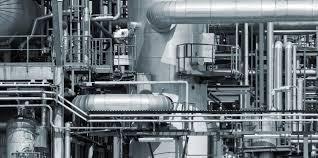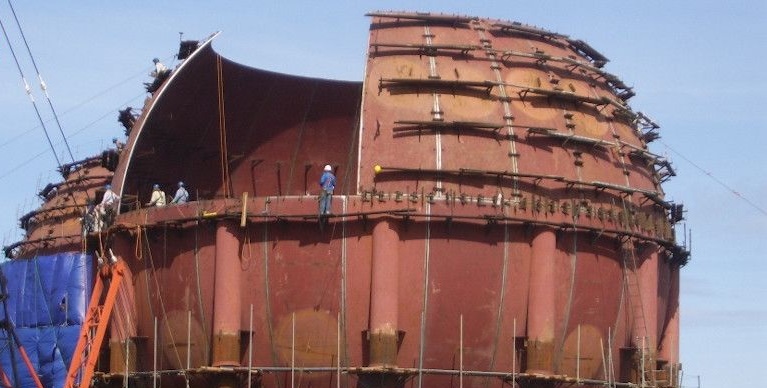

The requirements of the National Board Inspection Code and the API-510 will be covered in detail. A brief introduction to API-579, Fitness for Service will also be included. Simple flaw evaluation procedures will be evaluated. The activities of ASME’s Post Construction Committee will be explained and documents published by this Committee will be discussed.
By the end of this course delegates will learn about:
Engineers, technicians and personnel involved with the purchase, design, fabrication, or inspection of pressure vessels, anyone from users, manufacturers, repair organizations, inspection agencies and other organizations involved with maintenance and repair of pressure equipment. This course is intended for beginners, as well as experienced personnel wishing to update their knowledge
Module I: Design & Fabrication of Pressure Vessels
Module II: Inspection, Repairs, & Alterations of Pressure Vessels
CDGA attendance certificate will be issued to all attendees completing a minimum of 80% of the total course duration.
| Code | Date | Venue | Fees | Register |
|---|---|---|---|---|
| FAC139-02 | 11-05-2026 | Istanbul | USD 5950 | |
| FAC139-03 | 06-09-2026 | Muscat | USD 5450 | |
| FAC139-04 | 14-12-2026 | Kuala-Lumpur | USD 5950 |

This Five-day program offers detailed insight and thorough understanding of the most common ASME codes, pertaining to design/ engineering and testing of the pressure vessels namely Section VIII Div. 1 ...
.jpg)
Based on the rules for pressure vessel design and construction, this course is a comprehensive introduction to the requirements of Section VIII, Division 1 including background, organization, design, ...
.jpg)
This comprehensive course covers the 2007 Edition of the ASME Code, Section VIII: Division 2. With this Edition, this Code was totally re-written and updated to the latest technology. Some of the desi ...
.jpg)
This course provides methods for repair of equipment and piping within the scope of ASME Pressure Technology Codes and Standards after it has been placed in service. These repair methods include relev ...
Providing services with a high quality that are satisfying the requirements
Appling the specifications and legalizations to ensure the quality of service.
Best utilization of resources for continually improving the business activities.
CDGA keen to selects highly technical instructors based on professional field experience
Since CDGA was established, it considered a training partner for world class oil & gas institution
3012, Block 3, 30 Euro Business Park, Little Island, Co. Cork, T45 V220, Ireland
Mon to Fri 09:00 AM to 06:00 PM
Contact Us anytime!
Request Info